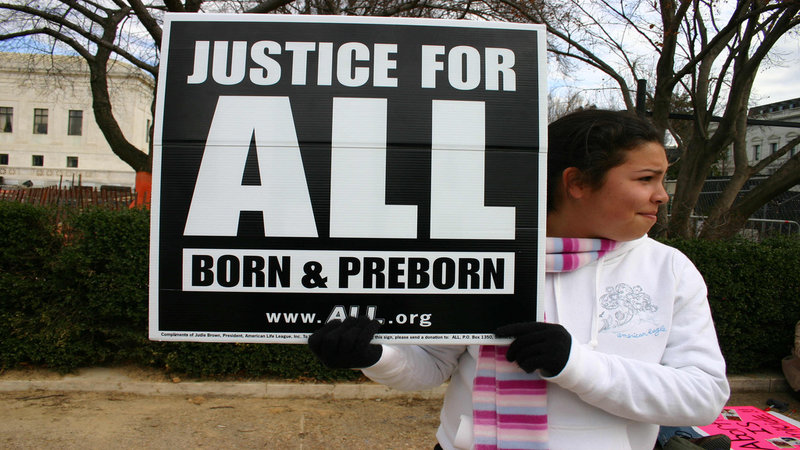Pro-life rhetoric is in the news right now, since a deranged man went on a shooting spree inside a Colorado Springs Planned Parenthood clinic. Some on the Left would impute this killer’s actions to the rhetoric of pro-life organizations, especially about the horrifying revelations about Planned Parenthood that have come out over the past year. This is a wrongheaded and deceptive tactic, but it just might spur us to think about just what our speech should be as we think about abortion.
The Left is right, of course, that pro-life (or any other kind of) rhetoric should never dehumanize or encourage violence against anyone. Murdering people, including abortion facility personnel, is itself a manifestation of the culture of death. This sort of gun violence is immoral, criminal, and is condemned by God. And, of course, mainstream pro-life speech doesn’t do anything of the sort.
As a matter of fact, the pro-life movement has in many ways served as a model of civility in the culture wars. After all, a central part of the pro-life movement has been to persuade women not to abort their children. We cannot persuade people and demonize them at the same time. Those in the trenches of ministry to vulnerable women in the shadow of abortion clinics have taught the rest of us much of what it means to stand with both conviction and kindness.
So, when it comes to abortion, how then should we speak?
Those of us who are gospel Christians must speak with gospel conviction and with gospel pleading to those who are vulnerable, including women caught in crisis situations. This requires speaking honestly about what abortion is. That is, after all, the problem many have with the rhetoric of the pro-life movement; it is not so much about what we say as what we don’t say. We don’t dehumanize children with clinical language of “fetuses” and “embryos” and “products of conception.”
We in the pro-life movement cannot avoid speaking of what abortion is, and the injustice of it. In a letter to the editor to the New York Times in the years after Roe v. Wade, writer Walker Percy said to the abortion rights movement: “You may get your way. But you’re going to be told what you’re doing.” That’s exactly right. Unjust social systems cannot be changed if we do not acknowledge what they are. That’s true even, or rather I should say especially, when we would rather turn away.
That’s also true because we cannot address consciences held in bondage if we do not speak what uneasy consciences already know about abortion. In order to call to repentance, we must intersect the word of God with the law written on the heart (Rom. 2:15). God hears the cries of the oppressed, the orphaned, and the murdered. We cannot pretend that they are simply “medical waste” or “collateral damage.”
At the same time, we don’t end with the pointing out of injustice. The call to repentance is a call to faith, a call to forgiveness, a call to freedom. That’s what gospel Christians have to offer to the pro-life movement. We don’t just have a public policy to restrict abortion (although we must have that). We don’t simply have ministries for women in crisis or for children who need homes (although we must have that too). We must have a word for those who have aborted, or who have paid for abortions, a word even for those who practice abortion. This word doesn’t minimize the violence of abortion, and it certainly doesn’t seek to combat this violence with more violence. The word of the gospel calls to those who are guilty with a message of “Come unto me all you who are weary and heavy laden, and I will give you rest” (Matt. 11:28).
That means that we as gospel Christians speak to the conscience about the violence of abortion, and the injustice of it before the throne of God. We also, though, speak to the consciences of those who have aborted with a word of invitation. Jesus is not surprised by their, or our, sin. Jesus welcomes sinners. He forgives sin not by ignoring it or brushing it aside, but by absorbing it in his own Body at the cross so that we can have peace with God through him.
That gospel lens means that we can no more ignore injustice than the Cross of our Christ does, which is to say not at all. But it also means that we see those who disagree with us not as our enemies but as those in need of the same mercy we have found in Christ Jesus. Our message is a prophetic word against sin and unrighteousness but that is not our final word. Our final word is “Behold, the Lamb of God who takes away the sin of the world” (Jn. 1:29). That is a word that never takes up arms against our fellow sinners. That is a word that does not come to kill, but to give life, and that more abundantly.
__________________
Image credit (resized), licensed under CC 2.0.








